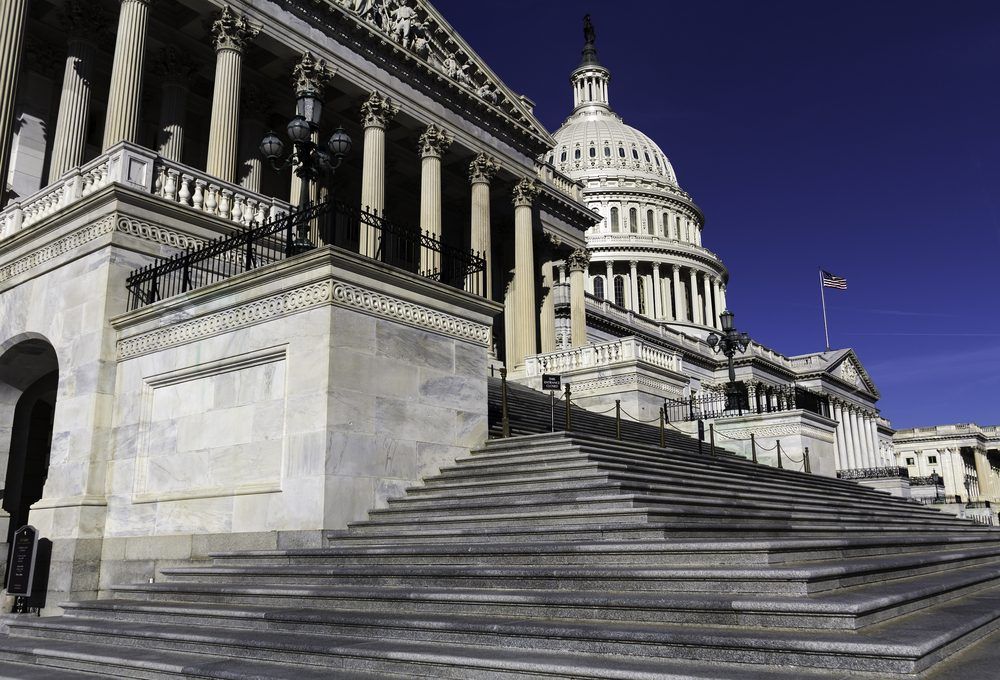Introduction
As the federal government gears up for a new administration, an obscure ethical guideline poses significant obstacles to developing effective digital asset policies. Legal Advisory 22-04, issued by the Office of Government Ethics, has largely flown under the radar, but its implications could significantly hinder the incoming administration’s capability to advance America’s position in digital finance.
The Ethics Dilemma
Legal Advisory 22-04 effectively prohibits anyone holding cryptocurrencies, tokens, or stablecoins from taking on roles within federal agencies. This rule presents a unique challenge for agencies like the Treasury, SEC, and CFTC, which require knowledgeable professionals well-versed in both traditional and digital finance. Under the current guidelines, potential federal hires must choose between divesting from a transformative industry or forgoing public service altogether.
The Irony of Existing Rules
The disjunction in current ethics regulations is stark. Treasury officials can invest in established financial institutions while formulating policies, yet they cannot hold even a minuscule amount of cryptocurrency. This contradiction underlines a burgeoning talent gap at a time when expertise in digital assets is most critical.
Possible Solutions
The situation calls for immediate remedial action. One solution would be for the Office of Government Ethics to amend its recommendations to permit minimal holdings of digital assets, similar to rules governing traditional investments. Alternatively, the incoming administration could swiftly rescind the advisory through executive order, signalling a pivot toward a more balanced approach in managing crypto policy.
The Stakes of Action
The stakes involved in addressing these regulations are high. Other nations are actively crafting favorable regulatory environments for digital assets, putting the U.S. at risk of lagging behind in financial innovation. The need for competent officials who genuinely understand the opportunities and risks of digital assets has never been more pressing.
Conclusion
For the new administration, resolving this ethical barrier represents an achievable priority that could have significant implications for effective governance and leadership in the technology space. Without action, crucial roles may remain vacant or filled by individuals lacking the requisite expertise in a rapidly evolving financial landscape.
Key Takeaways
- An obscure ethics rule obstructs recruitment of crypto-savvy officials in federal agencies.
- Current regulations favor traditional financial roles while sidelining digital asset expertise.
- Modifications to existing guidelines could enable broader access to critical talent.
- Timely action is essential to maintaining U.S. competitiveness in global digital finance.

